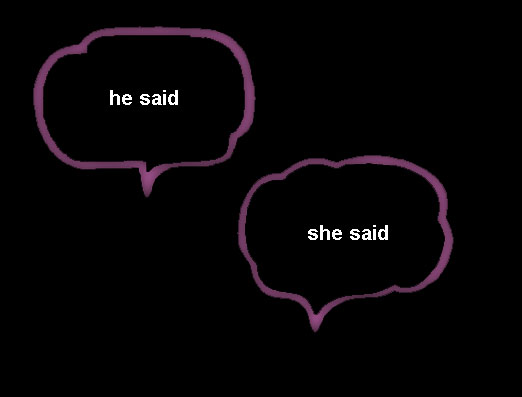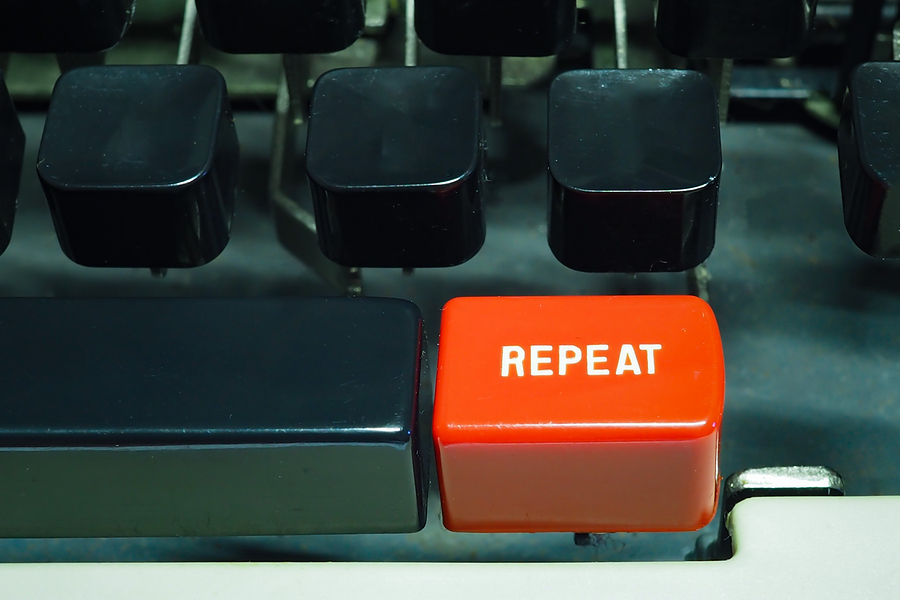One of the most common habits I see burdening stories is overemphasis on conversational tags, which goes hand in hand with not making good use of action tags. Here’s an example I just made up:
“No,” she exclaimed. She looked at the the pot of stew bubbling on the stove and saw red juice splattering. She began to stir.
Unable to resist multitasking, I demonstrated several bad habits in the above sample of poor writing.
First, punctuation. When a character exclaims, use an exclamation point.
“No!”
“She exclaimed” adds no new information unless you need to designate a character from several, so in almost every case omit it. Same can be said for tags, such as “said” and “asked.” In fact, “asked” accomplishes nothing because the question mark says it all.
Any tag should reflect what the character is saying. “He’s a slippery snake,” she hissed trumps, “What a viper,” she hissed. If in doubt, entertain the office cat. Read sentences aloud to make sure the tag works.
And notice the character stirring. “She began to stir,” should be replaced with “She stirred.” Why? Because as soon as you begin to stir, you are stirring. Use “began” for a huge project a character can’t perform in one sitting. For example, “She began reading the Old Testament.” She can’t finish reading the Old Testament today, so “began” works here. Otherwise, the term puts a drag on vivacious verbs.
Some authors give action tags the college try, then ruin everything with an unnecessary tag. I made this one up, too:
“Fetch, Buster! Go!” Marissa threw the rawhide bone as hard as she could, hoping the collie would repeat the trick she had spent weeks teaching him. The bone took flight and then disappeared over the fence. To her shock, she heard a thump and a yelp–from a human. She desperately wanted to meet her muscular new neighbor, but not this way. “Oh no!” she exclaimed.
Again, the tag at the end adds no new information. Drop it.
And now, back to the bubbling pot:
“No!” Nearly tripping over Buster, Marissa strode to the stove, grabbed the spoon, and stirred the spaghetti sauce. She frowned. “It’s burned.”
Slipping behind her, Brad embraced her waist with his muscular arms. “Don’t worry. I didn’t marry you for your cooking. Or your aim.”
See how much can be accomplished by good use of actions tags? Even happily ever afters!
[A previous version of this post ran in August 2011.]











